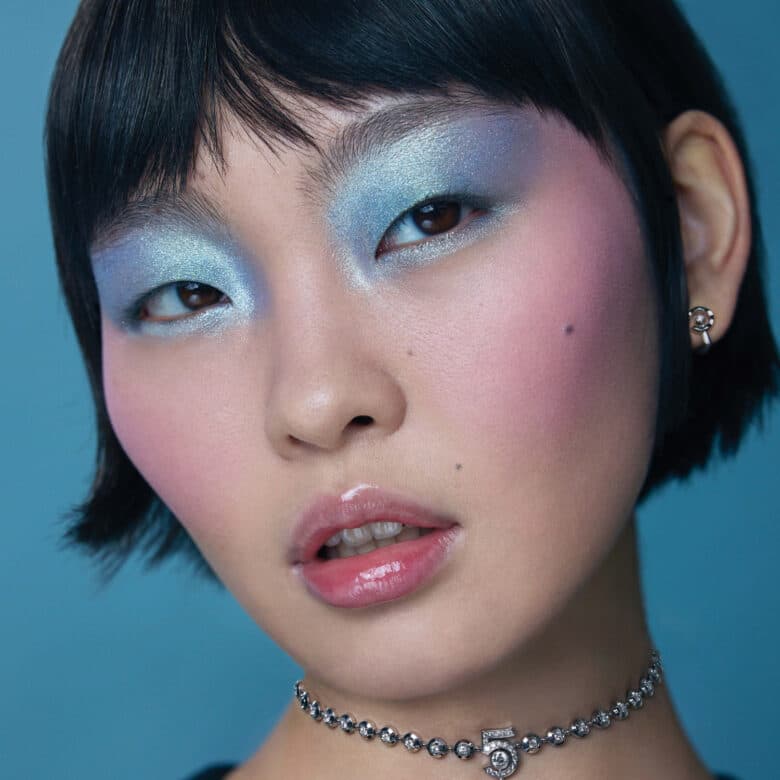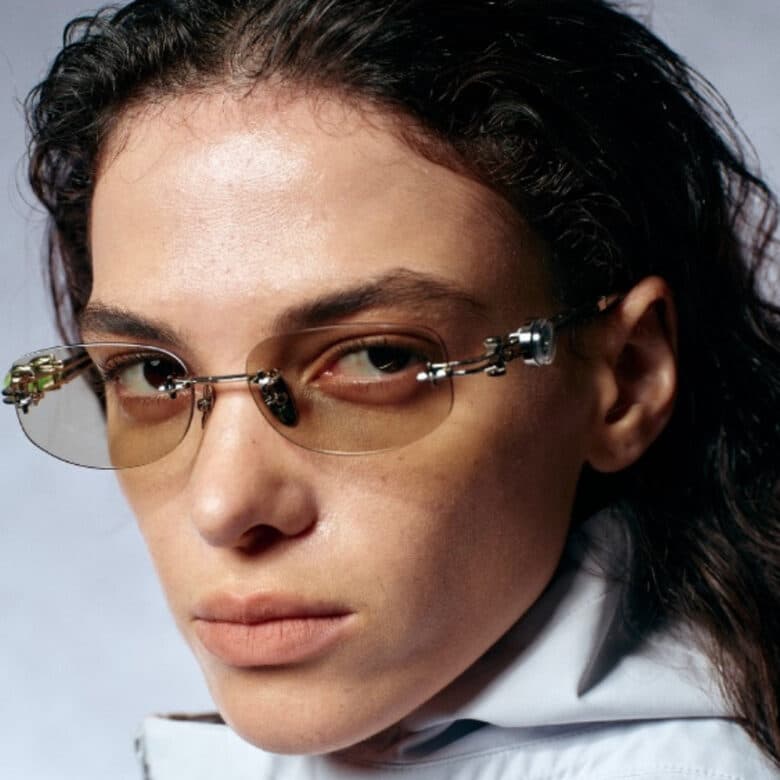Meet Giselle Palmer, the award winning model, dancer and ballroom queen

No two days are the same for dancer, model, actress and host Giselle Palmer. There’s the days she’s modelling fashion and lingerie for the world’s biggest brands, the days she’s a backing dancer for stars including French-Malian singer-songwriter, Aya Nakamura and there’s days she’s Gigi Revlon, part of Paris-based House of Revlon, popping up on tv shows and the ballroom circuit the globe over – and all of that barely covers half of the stuff this French queen is up to.
More recently, Giselle, as she’s best known, is as famous for her solo dancing as she is for her teamwork in the Parisian chapter of the House of Revlon – fancy footwork that saw her group reach the semi-finals in season three of HBO Max’s ballroom reality show Legendary. Earlier this year, Giselle cleared up at the Paris Ballroom Awards taking home six awards; ‘Most Outstanding Femme Queen Of The Year, Face Of The Year, Performance Of The year, All Around Femme Queen Of The Year, Statement Of The Year and Femme Queen Of The Year. She’s no stranger to accolades and is a crowd favourite at balls all over France, and now around the world, here, Giselle, wearing the UGG URSeen Platform, talks to HUNGER about finding her identity as a Queer transgender woman.

Could you tell me a bit about your upbringing, where you grew up and what your family life was like?
Well I’ve always been a flamboyant kid growing up, a leader in school and with my hip hop, dance group. I grew up in a French hood, never got into that much trouble. I was already being creative with writing stories, movies and dressing barbies, and always been close to my family.
How would you say your environment and upbringing affects your identity and the person you are today?
Discovering every part of the nightlife at 16-years-old (straight clubs and LGBTQIA+ clubs), I saw so many different sides of society but especially the beauty of girls like me everywhere I would go, I would say seeing them, that it really helped finding myself more.
Was there much Queer representation around you growing up, or was it something you had to go out and discover, and learn about for yourself?
I definitely had to go out and discover another side of the world that I only used to get a glimpse of on TV.
When did you first find your passion for dancing?
As a kid, I was already the showgirl of the family, then my mom put me in a dance school at 14, and it was up from there.
Would you say that was a key way of expressing who you were and your identity from a young age?
Absolutely. I would never be this woke about the community, seeing it at a very young age gave me the strength and courage to accept my differences.
What were the biggest challenges you faced as a Queer, transgender woman trying to make it in the dance industry?
It’s still a big challenge for me to always prove that I’m more than just a Queer or transwoman and I don’t want this to be the first label attached to me. I’m first a talented multi-faceted artist – even when it’s not Pride Month lol, and this is the hardest thing to prove in this industry!
Were there any Queer individuals/groups you looked up to for inspiration in the industry, anyone who took you under their wing?
Kiddy Smile and Matyouz were the first two people to book me on jobs, dance shows and major gigs, and we’re still family to this day so, I owe them a lot.
Would you say there’s been progression in terms of Queer representation in the industry since you first began?
I’ll say yes and no. Yes, because we can see the representation everywhere when it’s Pride Month – the world becomes a rainbow world. But, No, because when it’s done, everybody goes back to their regular programs and we don’t exist for them.
What advice would you give to someone who was in a similar situation to yourself, coming to terms with their identity?
Do everything you wanna do FOR YOU. Trust your gut, trust your heart, love yourself. Be mindful of what and who you can lose, but put ‘you’ first and always be proud of every little step. It helps you mentally a lot.
- PhotgrapherLydia Garnett
- WriterDevinder Bains
- Creative DirectionKat Beckwith
- StlyistSachin Gogna
- Make-up ArtistCharlie Fitzjohn using Mac Cosmetics
- Hair StylistEllie Bond
- IllustratorJess Ardizzone
- Photography AssistantEoin Greally
- Styling AssistantRadha Rani
- Commercial DirectorCherelle Chambers
- ProducerAbby Rothwell






